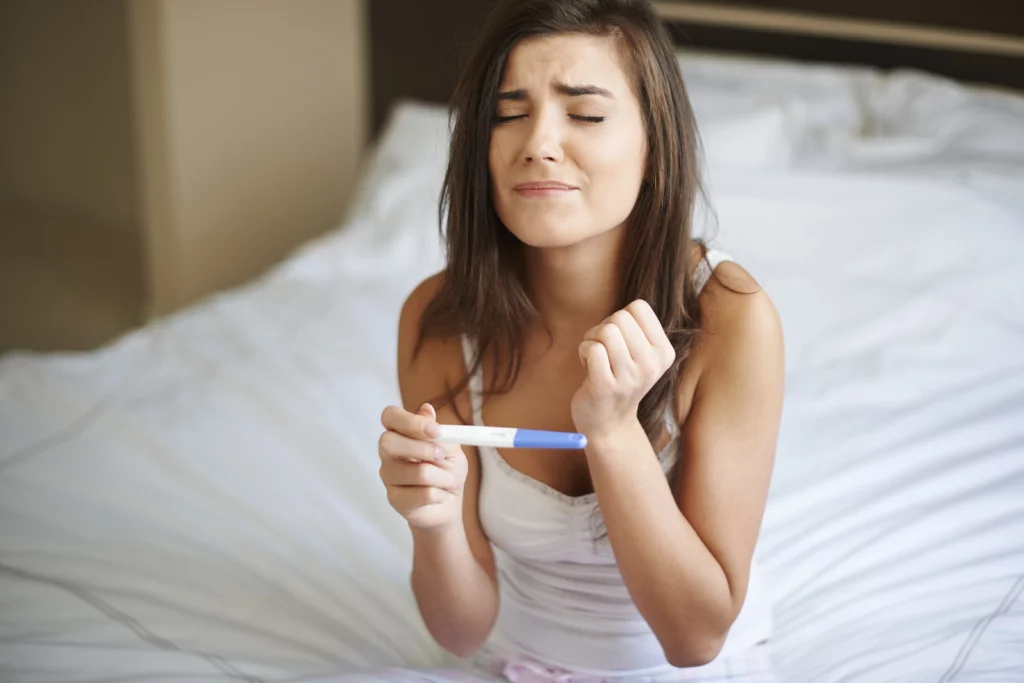In vitro fertilization (IVF) offers many couples an opportunity to start a family after dealing with infertility. Although IVF treatments can be successful, sometimes they fail. While there are various reasons for IVF failure, one of the most common causes is hormone levels. Here is more information about the relationship between hormone levels and IVF failure:
Follicle Stimulating Hormone
The Follicle Stimulating Hormone (FSH) helps promote the growth of follicles in the ovaries. When the levels of FSH are low, the follicles are less healthy. Follicles determine the presence of viable eggs that can be retrieved during the IVF procedure. When follicles have defective developments, they increase the chances of IVF failure because of the resulting absence of eggs to use for the procedure.
Estrogen
Estrogen levels influence the success of IVF because they cause ovarian stimulation. The hormone causes the growth of eggs used for the IVF procedure and thickens the uterus lining to improve the chances of successful embryo implantation. Low estrogen levels during the treatment phase imply that the IVF treatment is ineffective.
Luteinizing Hormone
Luteinizing hormone (LH) triggers ovulation, which influences the outcome of IVF treatment. A spike in the production of LH leads to the release of an egg. Uncontrolled LH levels may lead to premature egg release that impedes IVF treatment’s success. Sustained high levels of LH show a high rate of ovulation that lowers egg quality and the chances of successful ovulation.
Progesterone
This hormone determines the thickness of the uterine wall lining and influences the likelihood of successful implantation during IVF treatment. Progesterone resistance is a condition blocking progesterone from executing its role of thickening the uterine wall, leading to an inflamed uterine lining. This can be connected to asymptomatic endometriosis. Decreased thickness of the uterine lining decreases the chances of successful IVF.
Testosterone
Testosterone aids in the development of ovarian follicles necessary for successful IVF cycles. Follicles are responsible for the development of eggs used in IVF. Too much or too little testosterone may contribute to inadequate follicle development, decreasing the chances of successful VF treatment.
Thyroid-stimulating Hormone
The thyroid-stimulating hormone (TSH) may impact the possibility of success of IVF because it affects the embryo’s attachment and implantation. Changes in TSH and other thyroid hormones can cause embryo implantation errors. This can lead to lowered chances of successful IVF treatment.
Factors Affecting Hormonal Imbalance and IVF Failure
Ovarian aging can cause a decline in the quality and quantity of eggs in women. It also affects hormonal balance and decreases the chances of successful IVF outcomes. Some infertility patients may experience adverse reactions to ovarian stimulation medication, leading to inadequate production of eggs and hormonal imbalances that compromise the efficiency of IVF treatment. Polycystic ovary syndrome is a condition that impedes IVF success by causing hormonal imbalances like insulin resistance and high LH levels responsible for low-quality eggs and embryo implantation errors. Endocrine disorders, including diabetes and thyroid conditions, can cause hormonal imbalances responsible for some unsuccessful IVF treatments.
Hormone Testing and Treatment
Patients undergo comprehensive hormone level testing before and during IVF cycles to monitor hormonal factors. Women experiencing IVF failures may have an inflamed uterine lining connected to asymptomatic endometriosis. A BCL6 marker test helps to identify inflammation in the uterine wall resulting from hormonal imbalances. This test informs fertility specialists and patients to help them decide on treatment options, such as estrogen treatment. This treatment helps promote a thicker uterine lining that increases the chances of a successful IVF procedure. Other hormonal supplementations may help correct hormonal imbalances and increase the possibility of IVF success.
Discover the Connection Between Hormone Levels and IVF Failure
Hormone levels may cause IVF failure, as imbalances disrupt egg development and implantation. Advancements in fertility treatments have helped fertility specialists address hormonal imbalances to optimize IVF treatment outcomes. Individuals and couples undergoing IVF should consult with a fertility specialist to comprehend their hormonal dynamics and form a treatment plan. Contact a fertility specialist today to learn more about the relationship between hormone levels and the success of IVF treatments


 Home
Home









